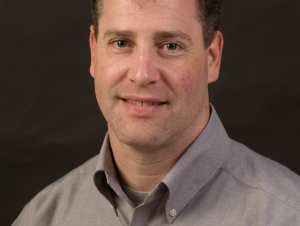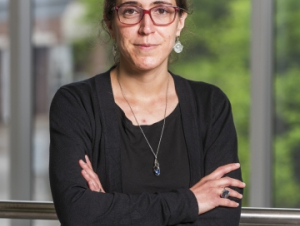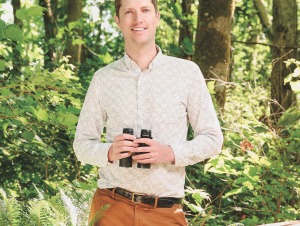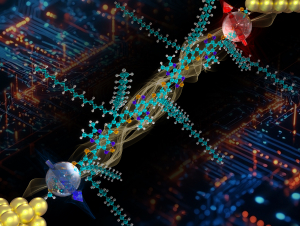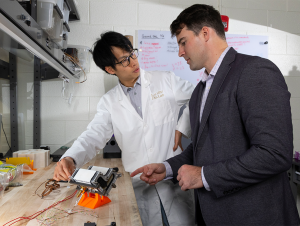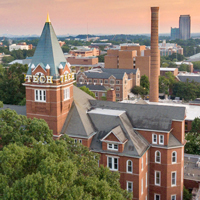Latest News
Georgia Tech’s new Center for Human-AI-Robot Teaming (CHART) looks to revolutionize the collaboration between humans, AI, and robots.
The award honors Professor Kamerlin’s “outstanding promise and resilience,” recognizing her achievements and contributions to the field of molecular bioscience in the face of significant challenges.
Freeman is one of only 10 Early Career Fellows honored by the Ecological Society of America this year for advancing the knowledge and application of ecological science in a way that strengthens the field and benefits communities and ecosystems.
Physicists from Georgia Tech, University of Miami, and University of Rochester have developed a new type of molecule that could offer a groundbreaking material for computer chips.
New space IRI and commercialization activities showcase space as an exciting destination for students and faculty.
In Spring 2025, 67 academic and research faculty members were promoted to the highest rank. We are honored to celebrate their accomplishments and contributions to the Georgia Tech community.


